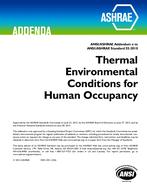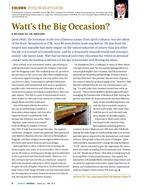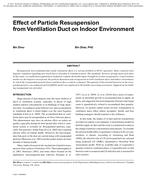The development of condensing heat exchangers for oil-fired heating equipment would yield a significant improvement in thermal efficiency. Soot production by oil burners, however, could lead to fouling problems in these systems. Results are reported on tests done to evaluate the effect of operating conditions on start-up and shutdown smoke production in both noncondensing and condensing furnaces.
Parameters studied included burner excess air, draft condition, operating cycle, and heat exchanger system resistance. During start-up there is a momentary pressure peak in the combustion chamber as gas expansion occurs. This peak reduces fan airflow, leading to fuelrich conditions and soot . After shutdown heavy soot can also be formed in condensing systems unless there is a brief, forced airflow through the combustion chamber. In the absence of an airflow, heat soak-back. from the combustion chamber overheats the fuel nozzle assembly leading to afterdrip and soot formation.
Modern retention head burners, which are commonly used in the U.S., were included as well as one European burner with some different design features. These features included the head design, a fuel shut-off in the nozzle tip, and nozzle heating. This burner was found to produce less smoke on start-up and shutdown than the common U.S. burner.
Fouling studies were done on both types of burners under cyclic conditions with moderate excess air (10% C02) and continuous induced draft. Soot deposition did not cause any change in system thermal performance over a simulated heating season, although soot deposition was heavier than would be expected with a noncondensing system.
Measuring techniques for soot included the common Bacharach smoke spot test, fast response optical opacity for transients, and filtration (EPA method 5).
Units: Dual
Citation: Symposium, ASHRAE Transactions, 1986, vol. 92, pt. 1B, San Francisco
Product Details
- Published:
- 1986
- Number of Pages:
- 10
- File Size:
- 1 file , 900 KB
- Product Code(s):
- D-SF-86-14-5


